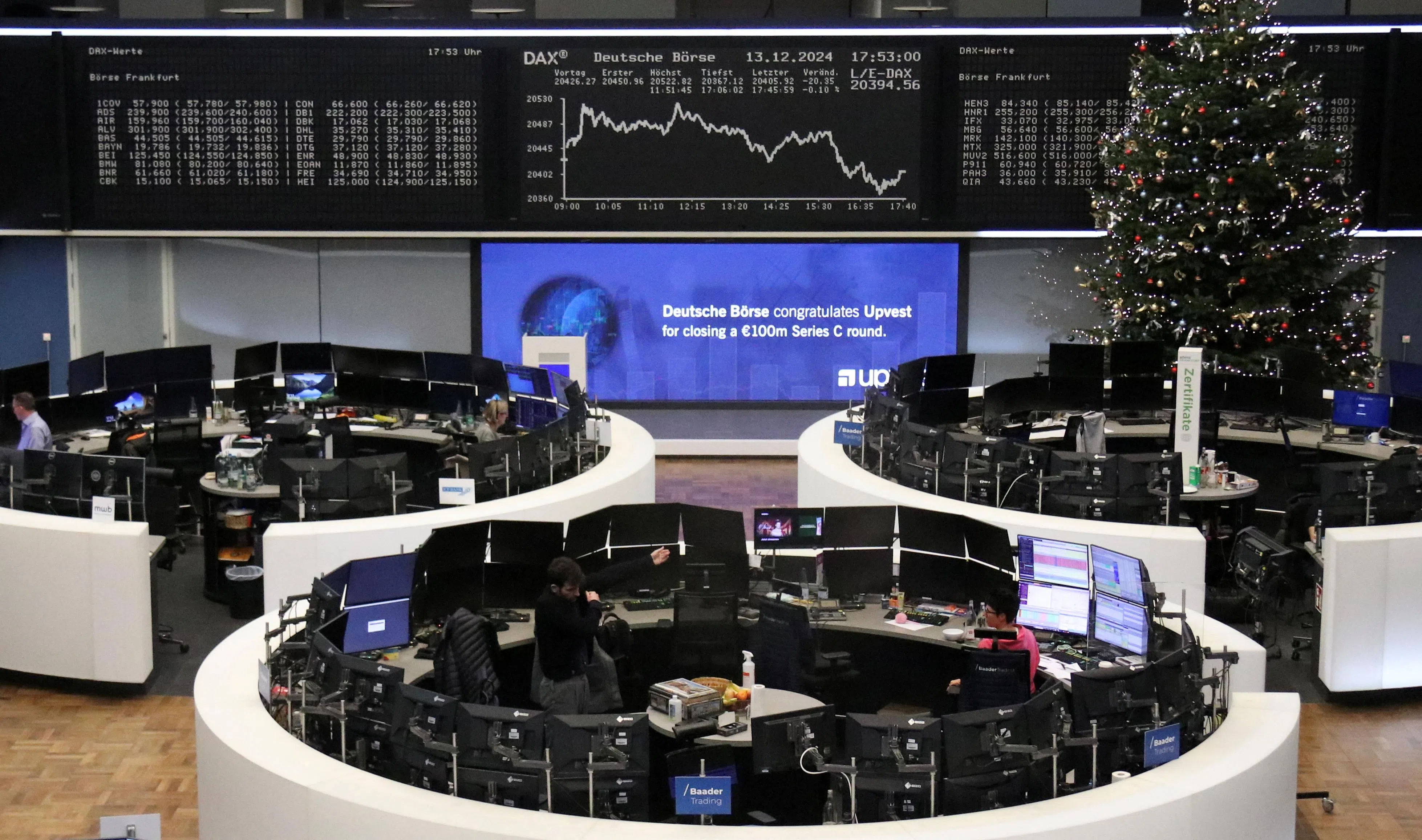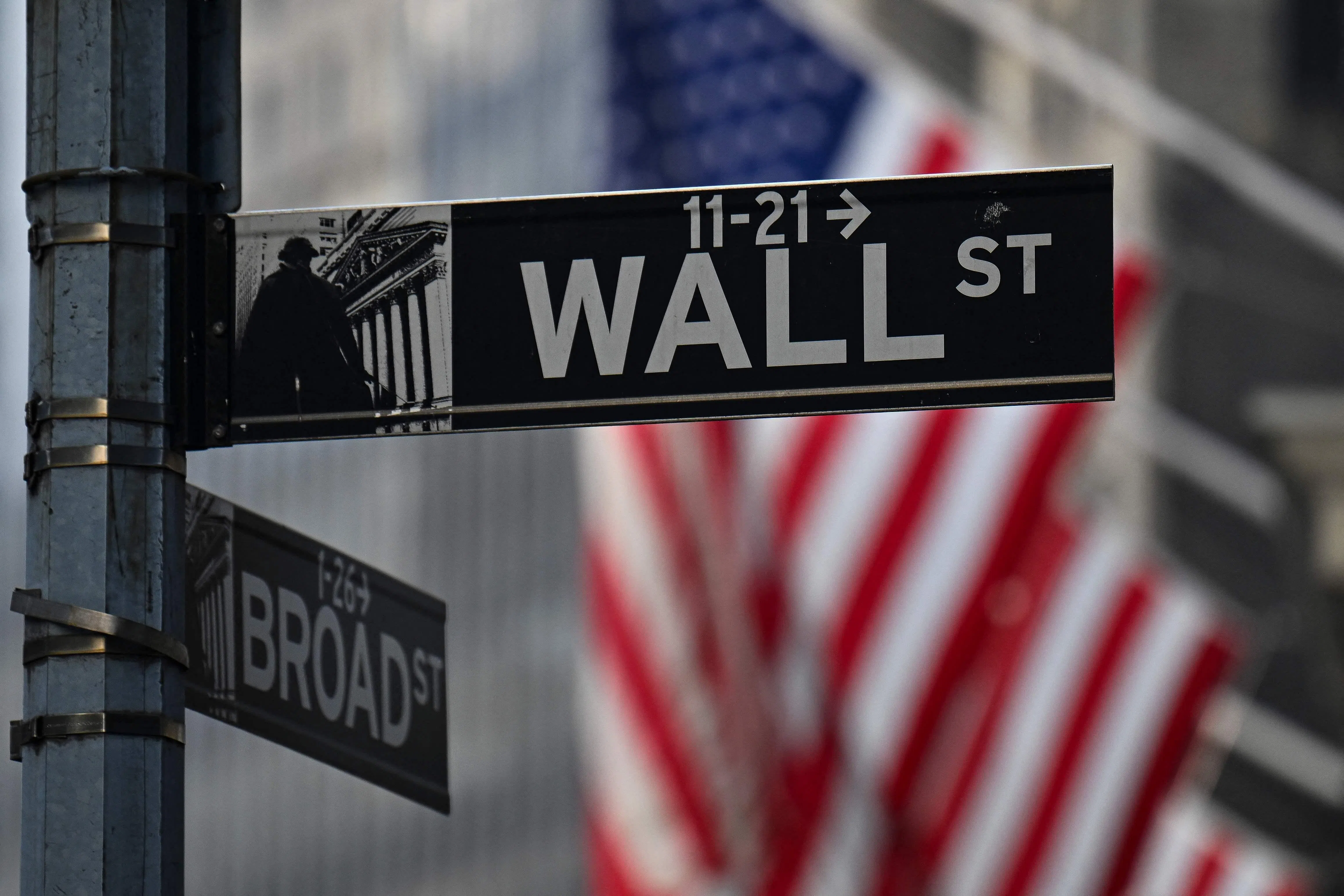European stocks slipped on Friday (Dec 13), taking the main benchmark to its first weekly decline in three, as investors sought clarity on the pace of monetary easing in the eurozone next year amid concerns over slowing economic growth and a potential trade war.
The pan-European Stoxx 600 index lost 0.5 per cent to hit a more-than one-week low and ended the week about 0.8 per cent lower.
Stock markets have been choppy this week as investors digested stimulus updates from China, inflation data from the US and eurozone, as well as the European Central Bank’s (ECB) fourth rate cut of the year on Thursday.
Four ECB policymakers backed further interest rate cuts on Friday provided that inflation settles at the ECB’s 2 per cent goal as expected. Traders are pricing in rate cuts of 112 basis points by the end of next year.
“The bar for a 50 basis point cut at the next meeting in January feels high, but a larger cut or cuts beyond January cannot be ruled out,” Deutsche Bank analysts said.
“A group on the Council is already proposing 50, the policy stance is still restrictive, tariffs have not been factored into the ECB forecasts yet and the new language allows for the possibility of rates having to fall below neutral.”
BT in your inbox
Start and end each day with the latest news stories and analyses delivered straight to your inbox.
France’s CAC 40 slipped 0.1 per cent as investors assessed whether a new government led by Francois Bayrou can tackle France’s fiscal problems.
His immediate priority will be passing a special law to roll over the 2024 Budget, with a nastier battle over the belt-tightening 2025 legislation looming early next year.
Healthcare stocks were among top sectoral decliners, with Novo Nordisk’s 3.9 per cent drop, weighing the most on Stoxx 600. Britons paying privately for obesity drugs are increasingly choosing Eli Lilly’s Mounjaro over Novo Nordisk’s Wegovy, Reuters reported based on views from online pharmacies.
Meanwhile, insurers rose 1.2 per cent and led sectoral gains as Munich Re climbed 5.5 per cent after saying that it is targeting six billion euros (S$8.6 billion) in net profit for next year, with its reinsurance business alone anticipated to make up 5.1 billion euros.
German politics were also in focus, with German Chancellor Olaf Scholz expected to hold a vote of confidence in parliament on Monday, a move that would pave the way for snap elections following the collapse of his three-way governing coalition.
The Bundesbank said Germany’s economy will shrink for the second year in a row this year and its recovery will be lacklustre, potentially exacerbated by a trade war with the US.
Despite a struggling economy, the DAX is near an all-time high, with most companies listed on the index not heavily exposed to domestic factors. REUTERS






